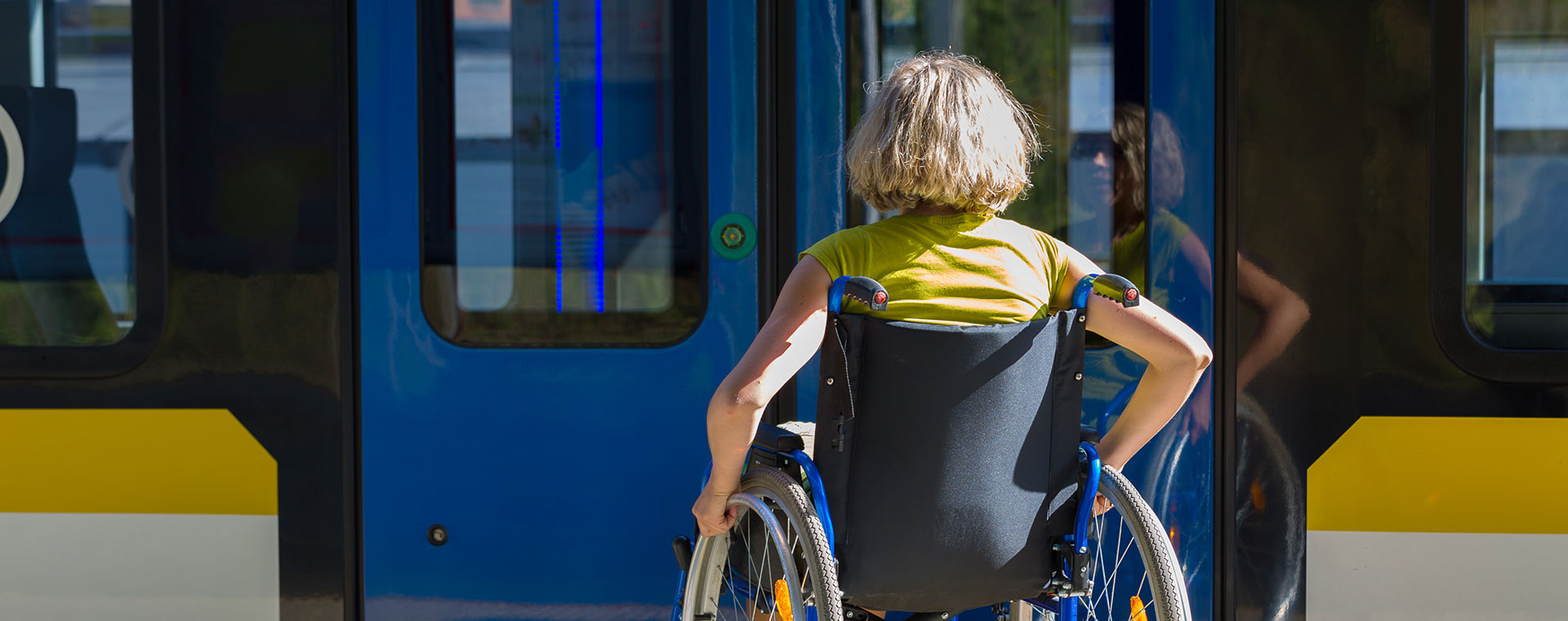Interview
Social Cohesion
Does mobility foster social mobility or fragmentation?
-
Violeta Bulc
Former European Commissioner for Transport

In this video, former European Commissioner Violeta Bulc shares her analysis: does mobility help or hinder social cohesion?
The answer is simple: both, mobility can help or hinder social cohesion. If mobility is neglected and does not play the role of interconnection between rural and urban areas, the gap will widen. We know that every time there's a gap in social cohesion, it causes problems, like :
- Unfavorable migration
- Social tensions
- Discrimination
I truly believe that mobility is what connects us, transport connects us, it is what brings people together. It allows people to move around, to be more flexible or to look for work. Only diversity can really help us innovate further and push the boundaries, to look for solutions where we haven't looked before. That is why I see transport as an incredible catalyst for development.
-
 Interview
Cars
Interview
Cars
What encourages people to choose public transportation over private cars?
Van den Brandt Elke, Minister for Mobility, Public Works and Road Safety within the government of the Brussels-Capital Region in Belgium
-
 Interview
Decarbonization
Interview
Decarbonization
How will rural areas adapt to the shift towards carbon-neutral mobility?
Caulfield Brian, Professor in transportation and Head of Department at Trinity College Dublin, Expert to the National Transport Authorithy (Ireland)
-
 Interview
Decarbonization
Interview
Decarbonization
How can we catalyze the transition towards carbon-neutral transportation?
Katarina Cséfalvayová, Co-founder and director of the Institute for Central Europe
-
 Interview
Public investment
Interview
Public investment
How can we integrate inclusion in the transition to sustainable transportation?
Halpern Charlotte, FNSP tenured researcher at Sciences Po Paris’ Centre for European Studies and Comparative Politics
-
 Insights
Desirability
Insights
Desirability
How can we make local transport more attractive?
Thomas Côte, CEO and Founder of WEVER
In my opinion, the concept of attractability implies placing the individual back at the center of the conceptual process when considering, building and adapting mobility solutions.


